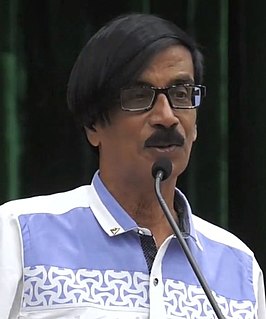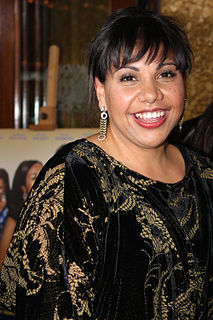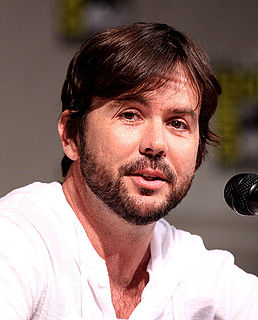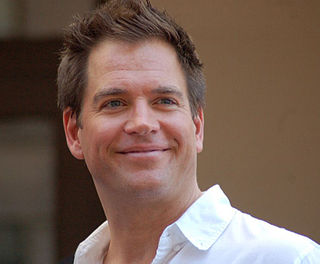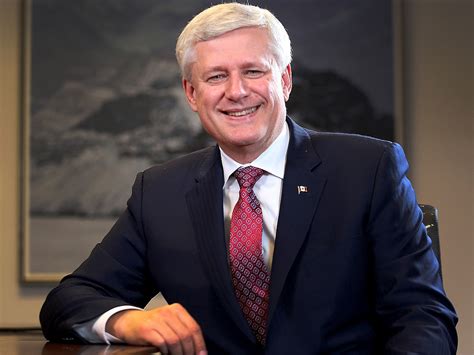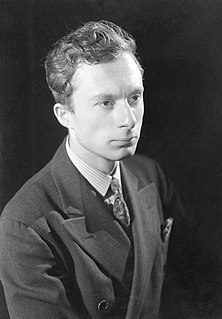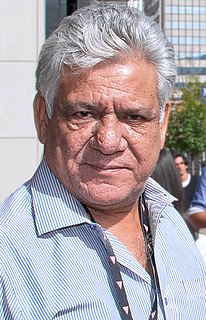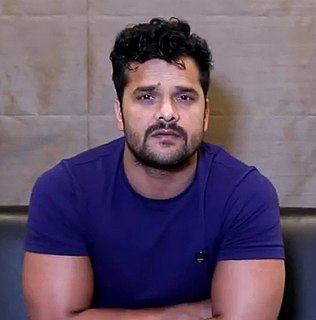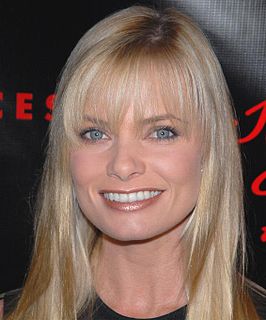A Quote by Manobala
Though the film industry is my primary area of work, television allows me to reach out to the audience quicker.
Related Quotes
The Australian film industry is a small industry, so you have to really be flexible within working in different mediums. A lot of actors work in theater, film, and television, because there's not much opportunity in terms of employment there. So you do have to be resourceful and be able to flex your muscles artistically.
I've always loved theatre because it's so immediate. The challenge of it is that, career wise, it's easier to get traction in the industry if you do film and TV because the audience is larger, and because the work can be seen for a longer period of time. I did solid work in a series of regional and Off-Broadway shows, but the work I did on TV or film will have a longer life with a larger audience (and with services like Netflix). Ultimately, there's something intimate about TV, because the storytelling and the actors come home with the viewer. It can be powerful because of that.
There used to be a huge snobbism between the film industry and the television industry. I produced and acted in my first - well way back - but the first thing that I produced and acted in was Sarah, Plan and Tall. And the only place to go at the time for really quality television was Hallmark Hall of Fame. And think how much television has changed since then.
It's very important that a film that intends to play tricks on the audience... has to play fair with the audience. For me, any time you're going to have a reveal in the film, it's essential that it have been shown to the audience as much as possible. What that means is that some people are going to figure it out very early on. Other people not til the end. Everybody watches the film differently.
The first thing I say when people ask what's the difference [between doing TV and film], is that film has an ending and TV doesn't. When I write a film, all I think about is where the thing ends and how to get the audience there. And in television, it can't end. You need the audience to return the next week. It kind of shifts the drive of the story. But I find that more as a writer than as a director.
